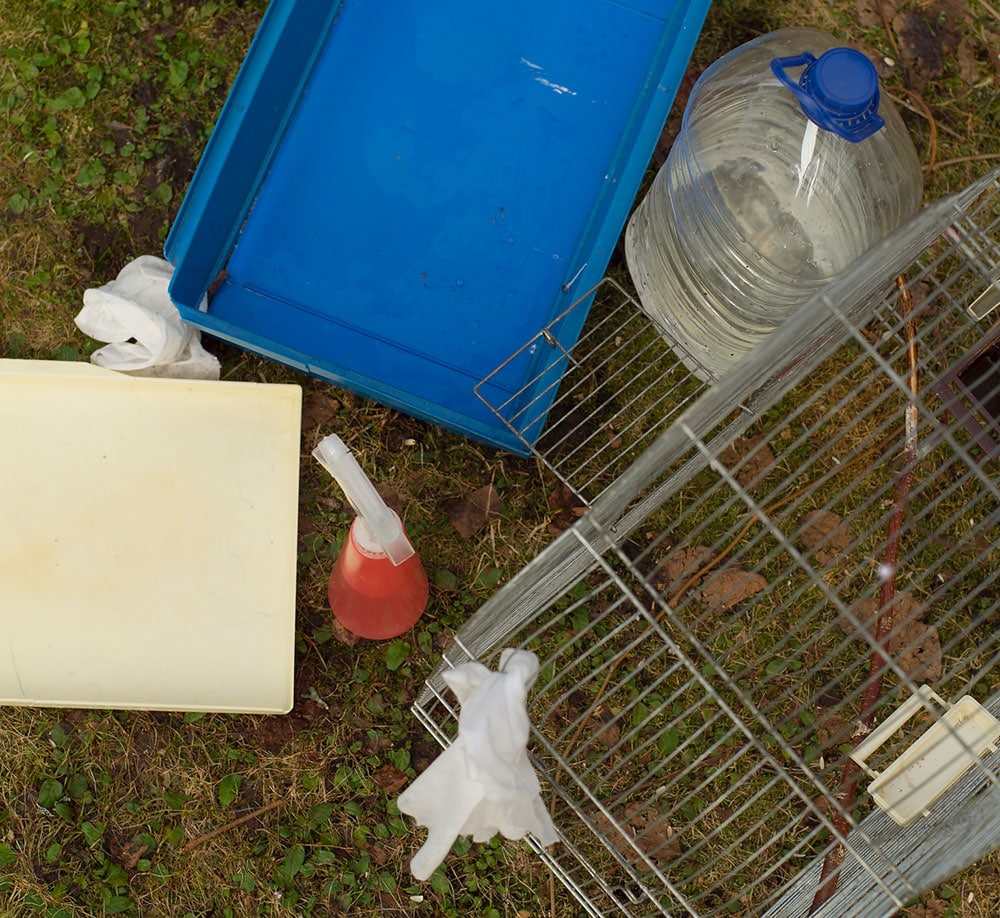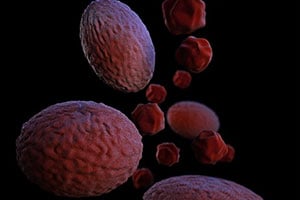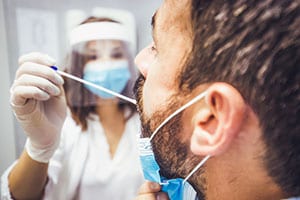Prevention
While there is no vaccine to prevent psittacosis, there are things you can do to protect yourself and others.
Buy pet birds only from a well-known pet store. If you own or work with pet birds or poultry, follow precautions when handling and cleaning birds and cages (see safe bird and cage care).
Previous infections
Getting psittacosis will not prevent you from future illness. If you get psittacosis, you may still get sick from it again in the future.

One important aspect of preventing psittacosis is to control infection among birds.
- Keep cages clean; clean cages and food and water bowls daily.
- Position cages so that food, feathers, and droppings cannot spread between them (i.e., do not stack cages, use solid-sided cases or barriers if cages are next to each other).
- Avoid over-crowding.
- Isolate and treat infected birds.
Use water or disinfectant to wet surfaces before cleaning bird cages or surfaces contaminated with bird droppings. Avoid dry sweeping or vacuuming to minimize circulation of feathers and dust. Also, remember to thoroughly wash your hands with running water and soap after contact with birds or their droppings.
Use personal protective equipment (PPE), such as gloves and appropriate masks, when handling infected birds or cleaning their cages.
- Compendium of measures to control Chlamydophila psittaci infection among humans (psittacosis) and pet birds (avian chlamydiosis), 2017. National Association of State Public Health Veterinarians.
- Handwashing: Clean hands save lives
- Psittacosis and avian chlamydiosis checklist for owners of infected birds



